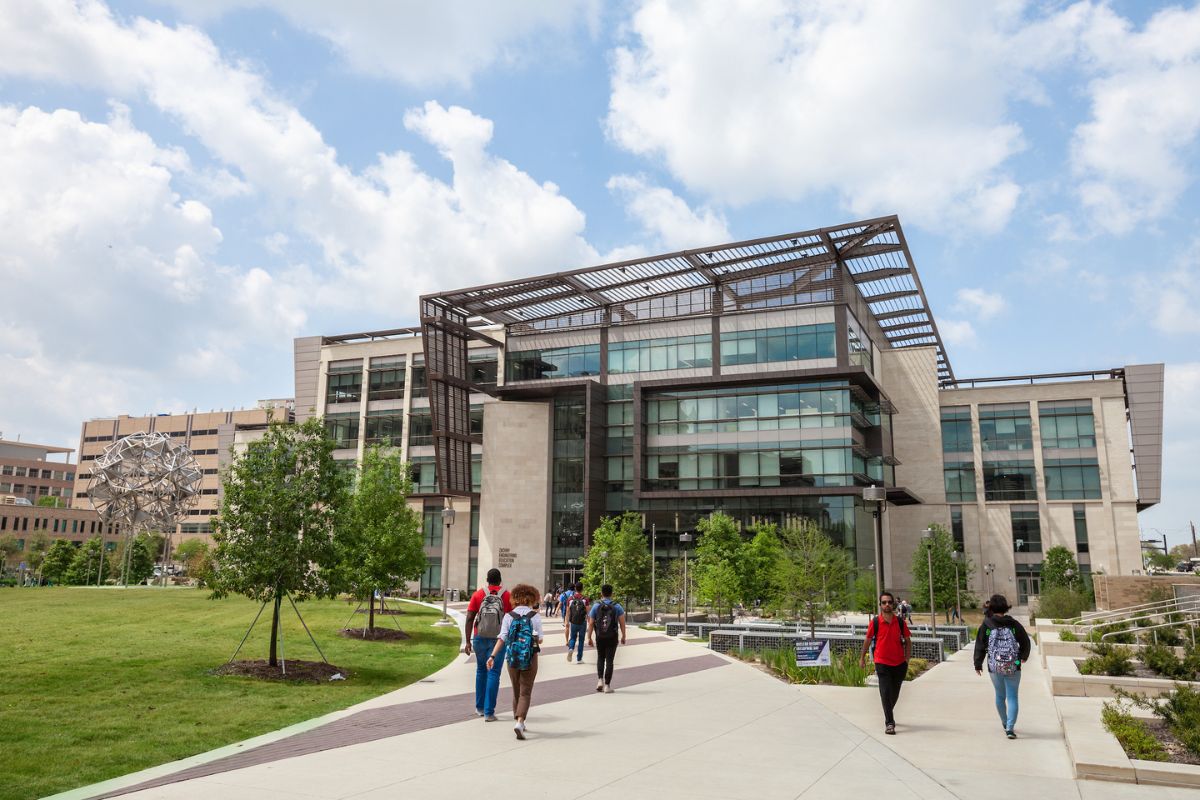Students in computer engineering receive a balanced view of hardware, software, hardware-software tradeoffs, analysis, design and implementation techniques. Computer engineers apply their knowledge to the design of digital circuits and software in various areas, including cell phones, computers, computer networks, computer vision, pattern recognition and embedded systems. This interdisciplinary program approaches both computer hardware and software from an engineering perspective. As a student in computer engineering, you'll choose between two tracks: electrical engineering track and computer science track.
The electrical engineering track emphasizes digital very large scale integrated (VLSI) circuits and systems, microprocessor interfacing and systems design, and computer system architecture and design. It covers most of the core requirements of an electrical engineering degree, but emphasizes computing.
The computer science track focuses on computer networks, computer architecture, artificial intelligence, computer graphics, robotics, real-time computing, computer languages, microcomputers, VLSI, and large-scale hardware and software systems. It covers most requirements of a computer science degree, but prepares you for registration as a professional engineer.
What do you want to do with Computer Engineering?
Career ideas for Computer Engineering majors:
Software Developer, Software Engineer, Hardware Design Engineer, Sales Engineer, Business Systems Analyst, Applications Engineer

Average Salaries
Check out the salaries of Aggies who've graduated with this major!
Who Hires This Major
Search companies who have hired Aggies with this major!
